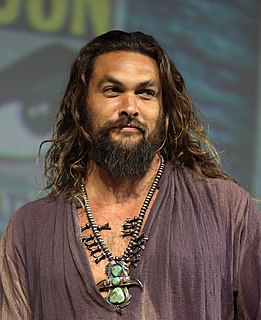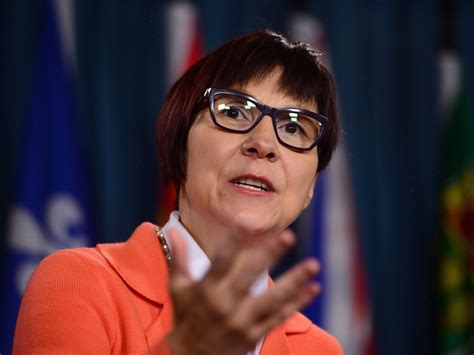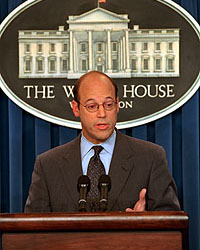A Quote by Martha Minow
Let's put it in perspective at the United States Supreme Court, which hears maybe 60 cases a year, most of the cases are resolved without much dispute. The 10 or 15 that are controversial we all know about, and we hear about. The federal courts hear just a tiny sliver of the cases that go to court in this country. Most of the cases are in the state courts. And most legal issues never go to court. So, the legal system is actually not in jeopardy. At the same time, access to law is in jeopardy.
Quote Topics
About
Access
Actually
Cases
Controversial
Country
Court
Courts
Dispute
Federal
Go
Hear
Hears
Issues
Jeopardy
Just
Know
Law
Legal
Legal System
Maybe
Most
Much
Never
Perspective
Put
Resolved
Same
Same Time
Sliver
State
States
Supreme
Supreme Court
System
Time
Tiny
United
United States
Which
Without
Year
Related Quotes
This is a unique legal loophole in the U.S.: If a non-native comes on a reservation and commits any crime, the non-native should be prosecuted by a federal court. Tribal law can arrest and hold someone for a year, but tribal law cannot prosecute non-natives. So since the federal courts are so overloaded, some of the cases get tossed out.
Access to our civil courts has been severely restricted by the combination of: the removal of legal aid from some cases based on their type, not their merit; a high financial threshold for the receipt of legal aid in other cases; and a failure to deliver a safety net for vulnerable individuals by the exceptional funding arrangements.
Gorsuch, who is a U.S. Supreme Court nominee in the United States, said the real test of law is when a government can lose in its own courts and still respect the order. And I think Canadian need to ask is why would Canada, if it's doing everything right, why wouldn't you want to be watched? If they are contesting the fact that their own courts don't have jurisdiction over the government's human rights violations, then our next step is to go to federal court and find the federal government that can come to court and we will do that.
Here is what Hillary Clinton said. Crooked Hillary said, "You know, when we talk about the Supreme Court" - fake smile - "it really raises the central issue in this election, namely what kind of country are we going to be." Well, she's right about that, actually, but not in the way she means. "What kind of opportunities will we provide our citizens." The Supreme Court's not about that. Supreme Court is the law, and their cases are not about opportunities being provided for our citizens.
In fact, Native American Rights Fund has a project called the Supreme Court Project. And quite frankly, it's focused on trying to keep cases out of the Supreme Court. This Supreme Court, Justice Roberts is actually, hard to believe, was probably worse than the Rehnquist Court. If you look at the few decisions that it's issued.
The Supreme Court is about the Constitution. It is about constitutionality. It is about the law. At its bear simplest, it's about the law. It is not about the Democrat Party agenda. Because that's what it's become. The whole judiciary has become that because that's the kind of people they have put on various courts as judges, and every liberal justice on the Supreme Court is a social justice warrior first and a judge of the law second. And if they get one more, then they will have effectively corrupted the Supreme Court.

































